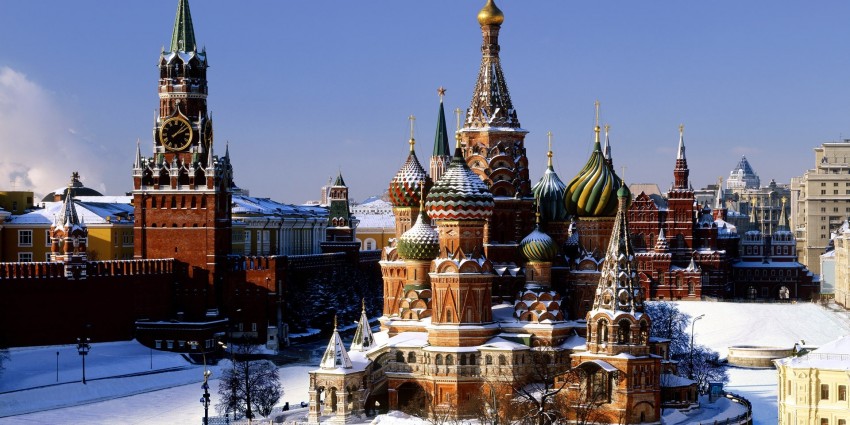Recently at the UN General Assembly, Vladmir Putin stated that the decision to establish the UN was made in ‘our country’. As is widely known, the organization emerged, in part, from the 1945 Yalta meeting between Stalin, Churchill and Roosevelt. And Yalta, of course, is in Crimea. Putin’s claim was a master stroke in identity politics by reminding people of Russian claims to sovereignty over Crimea and tying it to 1945 when the area belonged to the Russian Soviet Republic.
But the Russian President wasn’t the only one to raise eyebrows at the UN. During a summit meeting on women’s rights, Chinese leader Xi Jinping gave a speech reaffirming China’s commitment to gender equality and women’s development. Hillary Clinton immediately denounced him on Twitter, calling him ‘shameless’ given China’s continued detention of five women’s rights activists who dared to speak out against sexual harassment in China.
These examples go to the heart of an issue explored in a new Special Issue of Politics: how do authoritarian states use history and culture to position themselves and win influence in the global order? Over the past two decades non-democratic regimes have increasingly embraced the idea of soft power – the notion that persuasion is best achieved through attraction to values and ideals rather than through coercion. Yet authoritarian states’ attempts to construct a certain identity in order to support their domestic and foreign policy aims often meets resistance. Understanding the conditions in which the legitimacy and credibility of state led image campaigns are either accepted, ignored, or contested is crucial to the study of persuasion and power in international politics.
Looking at China, Russia, and Iran, the Special Issue features papers from some of the leading voices in soft power studies. Their contributions emphasize the need to re-think the applicability of Western notions of soft power and help lay out an agenda for future work in this emerging field.
Look out for more on the soft power of hard states coming soon to the Politics blog!

